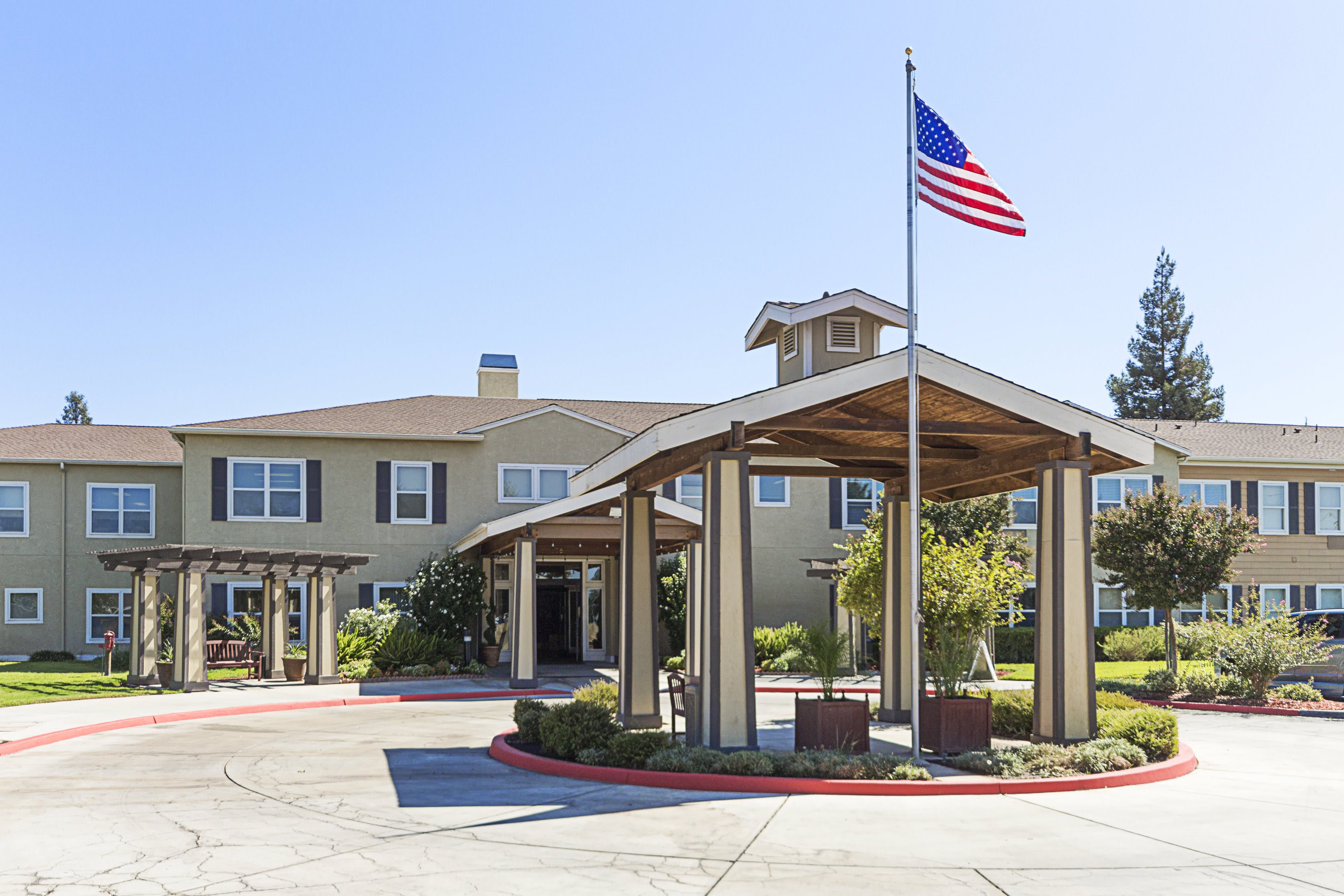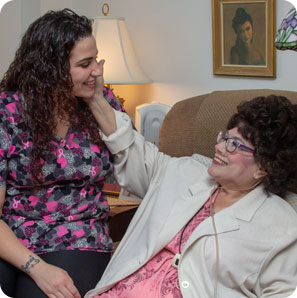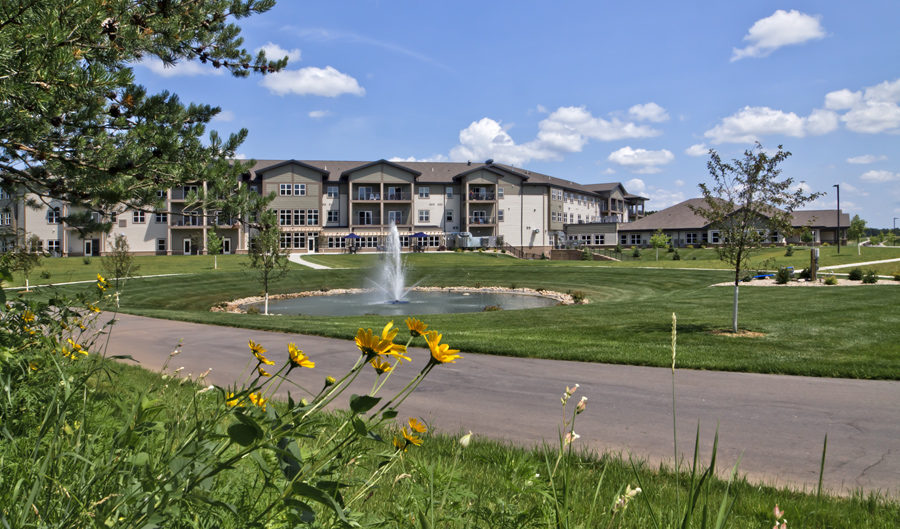
If your loved one is suffering from a serious health condition, it may be time to hire live-in caregivers. A professional live in caregiver offers personal care and assistance to dementia patients. Highly-trained, live-in caregivers can provide top-quality care. You can read on to find out more about living-in caregivers. They will be a blessing in your life! They'll make your life easier, as well as that of your loved one.
It is less expensive than assisted living
Many people are under the impression that live in caregivers are cheaper than assisted living. This is false. An elderly relative will need a live-in caregiver who can work 20 hours more per week. They have other priorities like raising their children. Nevertheless, live-in caregivers are less expensive than assisted living, and they offer many benefits. These benefits include increased socialization, group activities, and more. There are also many options when it comes to assisted living costs.

The cost of assisted living varies depending on the service and location. Costs for assisted living vary based on the care provided. A life insurance policy may be converted to a long-term policy if your loved one is enrolled. If this is not an option, you can always buy back the policy at a reduced percentage. However, you should be aware that Medicare usually doesn't cover the cost of assisted living.
Less stressful
Many live-in caregivers spend considerable time with the elderly, providing both medical and personal care. However, it is important to remember that these caregivers are just like anyone else - they can become frustrated, depressed, and lacking energy. Caregivers who are constantly juggling caregiving duties can lose their interest in other things and social relationships. Stress can also negatively affect caregivers' wellbeing. That is why caregivers need to take time to unwind and have fun.
It's less stressful than a nursing facility
Although nursing homes might not be right for everyone they can be an excellent option for those who require advanced care. These facilities provide round-the-clock medical and social care in a residential setting. A caregiver typically assists residents with ADLs (activities daily living), personal, and mobility issues. They can also provide therapy and skilled medical care when necessary. The work of a caregiver can be so complex that many families choose to provide this type of care for their loved ones.

Many caregivers report greater levels of psychological stress. According to a 2019 report by the National Center for Biotechnology Information, nearly one-third of caregivers had experienced or were at risk of caregiver burnout. Also, caregivers have more chronic illnesses than the general population. This makes caregivers less likely to live a happy and healthy life. In the end, they should consider living with caregivers as their last option if they become unable to care.